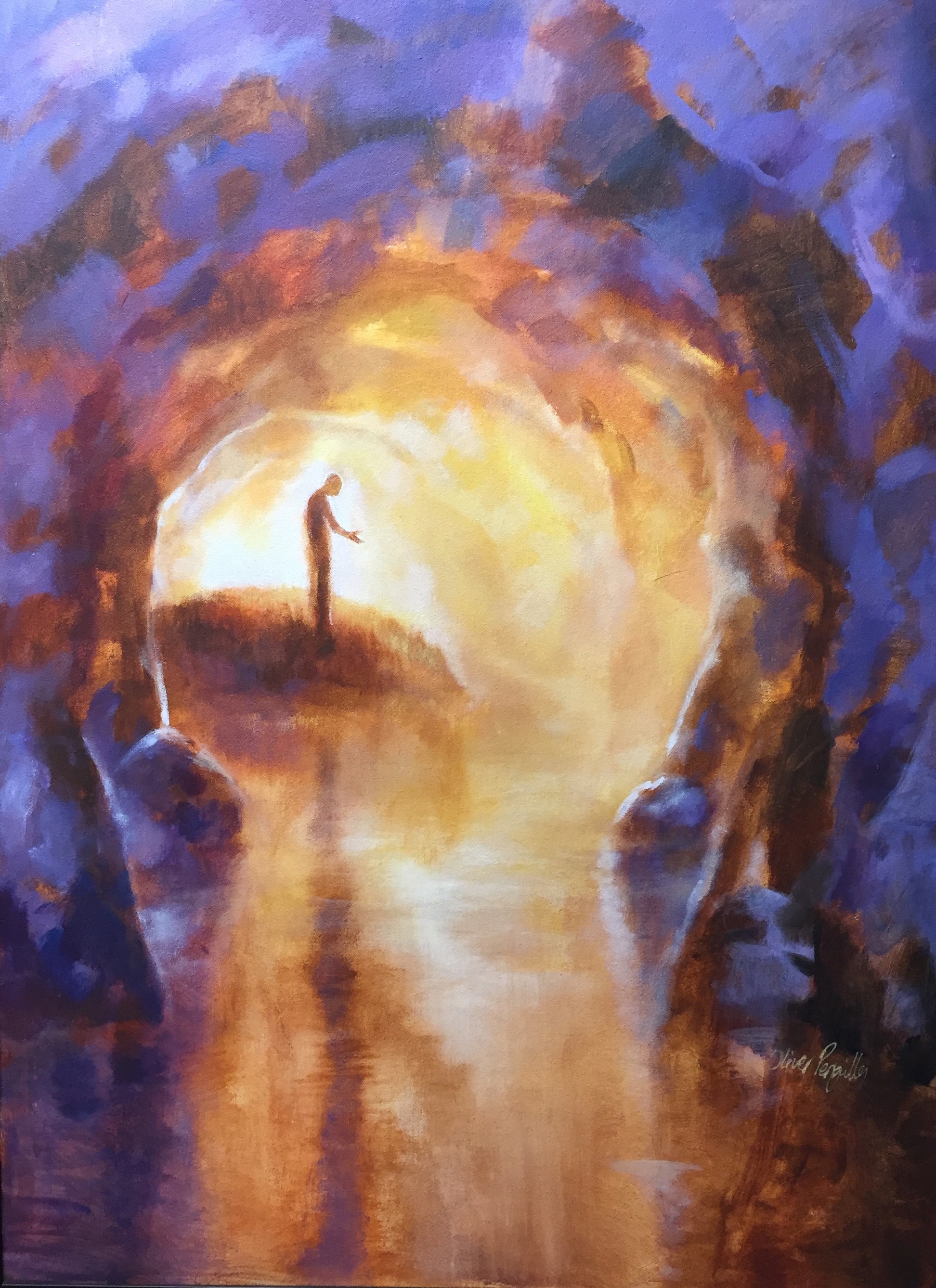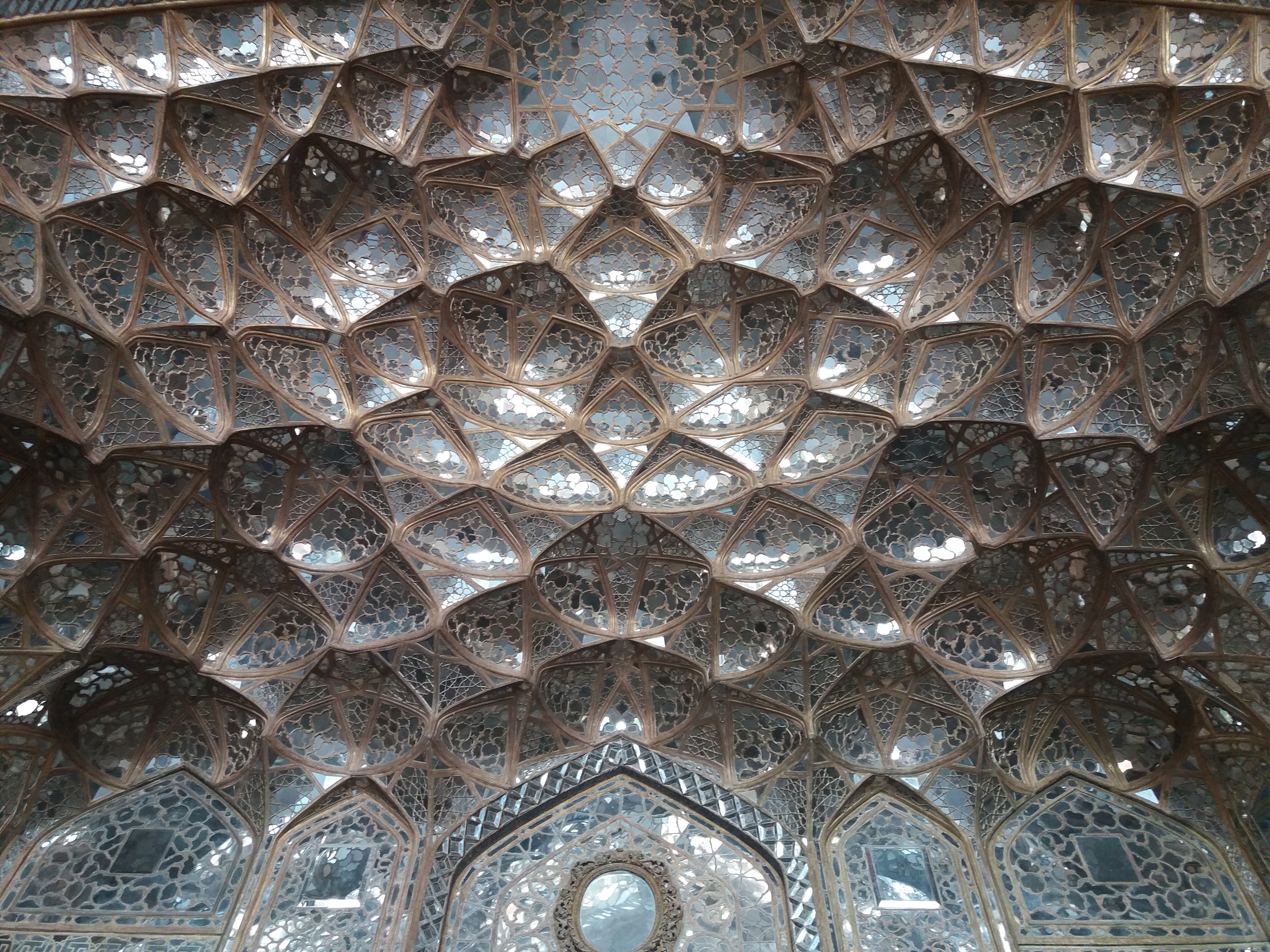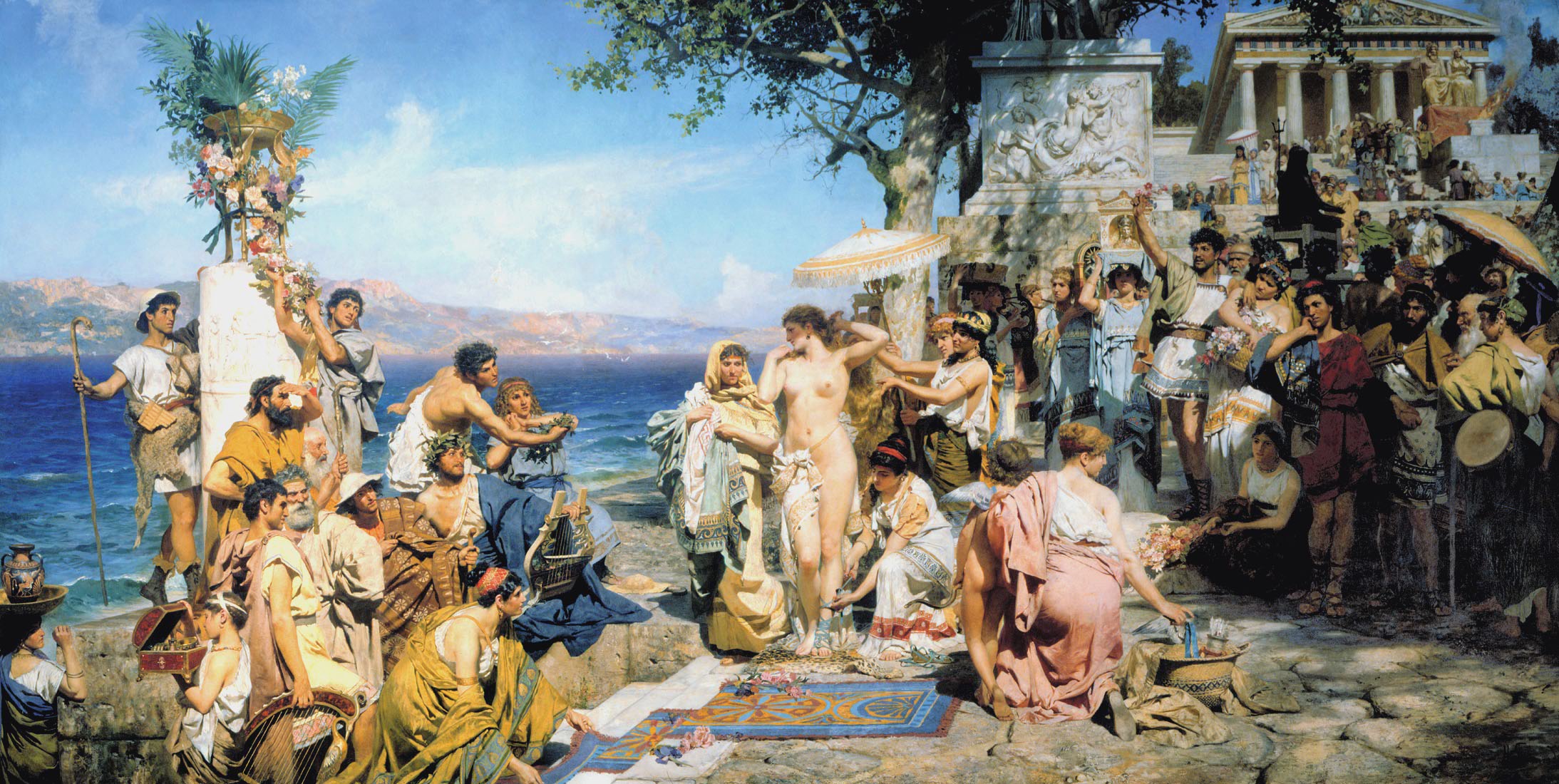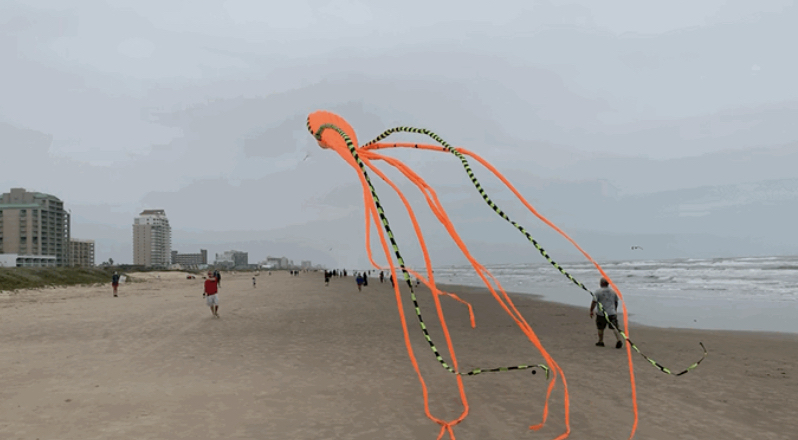The following is the third installment of a three-part series. The first can be found here. The second one can be found here.
The transition to full speech is the moment when one realizes in a holistic way that one is always dependent on the Other. The symbolic order determines our ‘existence,’ but it is at the very moment that one assumes responsibility for it, that one experiences what Lacan calls a “scant freedom”:
…in psychoanalytic anamnesis, what is at stake is not reality, but truth, because the effect of full speech is to reorder past contingencies by conferring on them the sense of necessities to come, such as they are constituted by the scant freedom through which the subject makes them present[1].
Again, Lacanian analysis should always include the third party of the Other which mediates all communication even if this does lead to a tragic realization that the signifier determines our desire. In bringing back together the affect and intellect along with this idea of perennial dependency on the Other, Lacan could be ‘repeating’ the position of the pre-modern spiritual director who would not have understood the divide between intellect and affect in the way we do today[2].
Additionally, one can also see that Lacan went to great lengths to defend pre-modern spiritual directors

against accusations of experiential Gnosticism. This is directly reflected in Lacan’s comments on the “religious experience” of John of the Cross in Seminar III of the Psychoses. He states:
There is poetry whenever writing introduces us to a world other than our own and also makes it become our own, making present a being, a certain fundamental relationship. The poetry makes us unable to doubt the authenticity of St John of the Cross experience[…]Poetry is the creation of a subject adopting a new order of symbolic relations to the world[3].
Lacan is demonstrating the difference between the famous Freudian Case of Judge Schreber and John of the Cross[4]. It seems as though Lacan argues that John of the Cross ‘experience’ is mystical precisely because it reshapes the shared field of linguistic relations which allows one to view the world and others differently[5]. Indeed, for Lacan, Judge Schreber’s religious experiences cannot be said to be mystical because his writings are closed off to the intrasubjective element of the Other. Lacan suggests that all referents in the Judge’s writings seem to be an extension of himself which leaves no space for the symbolic.
This theme of the mystical having an intrasubjective element is also found in Lacan’s ‘mystical seminar’ (Encore). He claims that mysticism is not ‘everything that isn’t politics, it is serious.’ What is more this serious business is taught to us by people like John of the Cross[6]. This reference to serious business is suggestive:
- It inverts Charles Peguy’s statement that everything starts in mysticism and ends in politics[7]. The mystical element is, therefore ‘serious’ precisely because it is already concerned with the world as Other. It is not just an ineffable foundation for politics rather it is an antagonistic mode of speech which constantly ‘shakes up’ our relations and continuously renews it.
- The term “serious business” resonates that with the Ignatian teaching on spiritual direction that spirituality is serious talk about serious This seriousness always includes a social element. It is not an unreasonable assumption to say that Lacan would have probably been familiar with his work.
One can suggest that Lacan is arguing that most forms of psychology at his time where misinterpreting mystical theology and spiritual direction altogether. They were not taking it seriously as an intrasubjective mode of speech. Lacan reflects this in Seminar XX:
What was attempted at the end of the last century, in Freud’s name[…].was to reduce mysticism to questions of cum [pure ecstatic feeling]. If you look closely, that’s not it at all[…] All that is produced thanks to the being of signifierness[discourse] one sees “the cross-sightedness” that results[…] we see that that doesn’t make two God’s (deux dieu), but that it doesn’t make just one either[8]
For Lacan, it was a gross reduction of the value of mystical speech and spiritual direction to merely equate them with affective modes of enjoyment beyond speech. As Alexandre Stevens states, “this Other jouissance[…]is not corporeal but discursive. It is a jouissance of speech[9]” However, Lacan could understand why many psychologists at the time believed this. This is why he says it is almost like there are two Gods.
This is possibly a reference to the God of philosophy and the God of religious experience. However, he is careful to say that this does not make two Gods but it does not make one either. Again, for Lacan, the problem, at its heart, is the split between the intellectual and the ‘affective.’ When they are brought together, what results is the messy reality of the human condition. One cannot expect any experiential wholeness or perfection as a result. This is one of the implications of his formulation of the absence of a sexual rapport[10].
For Lacan, these are the very coordinates that lead to the generation of desire. It is part and parcel of the linguistically fragmented nature of the human being which encompasses both the intellectus and the affectus. Therefore, one can suggest that Lacan believed that psychoanalysis and pre-modern spiritual direction are/were concerned with making people aware of this fragmentary, paradoxical desire. This is why he implies in Seminar XX that his own writings (Ecrit) are in the same order as that of these spiritual directors and mystics[11].
One can assume that Lacan believed that psychologists and therapists need to approach the spiritual as praxis and a mode of speech rather than something to be studied or psychologized (a point later made by

his student Michel de Certeau)[12].The spiritual is not just an endless search for different types of ineffable enjoyable experiences:
In the beginning was the act,” is itself reversed in its turn: it was certainly the Word that was [etait] in the beginning, and we live in its creation, but it is our mental [esprit] action that continues this creation by constantly renewing it[13].
One can see that the French word for spirit and mind are the same “esprit.” Changing the coordinates of our desire involves that we understand that our desire, as bound to the signifier as word, is caught up in our mental life as much as our affective life.
Conclusion
It is reasonable to assume that Lacan understood the corrective power of these pre-modern spiritual directors to help throw into question the false certainties which he believed plagued modern psychology and theology. In essence, by Lacan aiming to ‘repeat Freud,’ he was also (to a lesser extent) seeking to repeat the work of pre-modern spiritual direction and mystical speech[14]. Just as the psychological establishment had forgotten the radical message of Freud, they had also ignored the message of pre-modern spiritual directors by extracting their ‘object’ from its ‘body’ and the spiritual is reduced to a distant affective object.
In opposition to such a perspective, Lacan understood the spirit as being irreducibly related to our speech. This is reflected in seminar IV where he states that “The Holy Spirit is the entry of the signifier into the world[15].” This division between the spiritual and the word has extended somewhat to the practice of modern spiritual direction with its clear focus on the experiential drive toward enjoyment. Therefore, through understanding spiritual direction from the position of fragmentation, and uncertainty as opposed to a reductive drive for positive, experiential “wholeness and happiness”, one can open up a discursive space whereby it becomes possible to explore those parts of our lives which we usually do not normally associate with being “spiritual.”
Therefore, spiritual direction does not always have to direct us to things which are perfect. Moreover, our conception of the spiritual must include the desert of the extra-mundane and the inherent ‘woundedness’ of language itself[16]. It must include not only the experience of darkness but also the fundamental darkness of experience[17]. To be sure, if Lacan is correct in saying that if psychoanalysis is to be psychoanalysis truly, it must be ‘forced to evolve in the area of spiritual direction,’ then equally the inverse is true[18].
If one wishes to access modes of spiritual direction which have hitherto been forgotten then spiritual direction should consider evolving in an area which it has only considered from theoretically afar-Clinical Lacanian psychoanalysis. This would allow the discipline to rediscover the aforementioned mystical element in new and practical ways which question and problematize the current focus on “happiness.” It would also allow the psukhē ‘of psychoanalysis and the spiritus of spiritual direction to rediscover their etymological root by understanding that their ‘breath’ leads to the necessary fragmentation and uncertainty of “speech.”
Mark Murphy is a PhD student at St. Mary’s University, Twickenham, United Kingdom. He teaches philosophy and theology at St. Francis Xavier College in South London. His specialties include mystical theology, spirituality and Continental philosophy.
________________________________________________________________________
[1] Lacan, 213.
[2] For an extended exposition on the integrity on the mutual dependency between spirituality and theology please see McIntosh, Mystical Theology: The Integrity of Spirituality and Theology (Challenges in Contemporary Theology).
[3] Jacques Lacan, The Seminars of Jacques Lacan Book III The Psychoses 1955-1956, ed. Jacques Alain Miller, 1st ed. (London: Routledge, 1993), 78.
[4] To read more about this fascinating case please see Thomas G. Dalzell, Freud’s Schreber Between Psychiatry and Psychoanalysis: On Subjective Disposition to Psychosis (Karnac Books, 2011).
[5] Pound, Theology Psychoanalysis and Trauma.
[6] Lacan, The Seminars of Jacques Lacan Book XX: On Feminine Sexuality The Limits of Love and Knowledge 1972-1973, 76. (translation slightly modified for ease of reading).
[7] Charles Péguy, Temporal and Eternal (Liberty Fund, 2001).
[8] Lacan, The Seminars of Jacques Lacan Book XX: On Feminine Sexuality The Limits of Love and Knowledge 1972-1973, 77.
[9] Alexandre Stevens, “Love and Sex Beyond Identification,” in The Later Lacan: An Introduction, ed. Veronique Voruz, 1 edition (Albany: State University of New York Press, 2007), 218.
[10] Lorenzo Chiesa, The Not-Two: Logic and God in Lacan, 1 edition (Cambridge, Massachusetts: The MIT Press, 2016).
[11] Lacan, The Seminars of Jacques Lacan Book XX: On Feminine Sexuality The Limits of Love and Knowledge 1972-1973, 76–77.
[12] Certeau, The Mystic Fable, Volume One.
[13] Lacan, Ecrit:The First Complete Edition in English., 225.
[14] Pound, Theology Psychoanalysis and Trauma.
[15] Jacques Lacan, The Seminar Of Jacques Lacan Book IV: The Object Relation and Freudian Structures 1956-1957, ed. Jacques-Alain Miller, trans. L Roche, 1st ed. (London: Unpublished Manuscript, 1994), 44.
[16] Lane, The Solace of Fierce Landscapes: Exploring Desert and Mountain Spirituality.
[17] Denys Turner, The Darkness of God: Negativity in Christian Mysticism., 1st ed. (Cambridge: University Press, 1995).
[18] Lacan, Ecrit:The First Complete Edition in English., 381.




